Three Months Missing: A 'Patria' Ship Survivor Speaks
After surviving World War II, moving to Israel, and managing a pump factory, at over 80, Ze'ev Engler, a survivor of the 'Patria' disaster, chose to focus on the brighter side of life. He crafts art from his grandchildren's games and is now launching an exhibition.
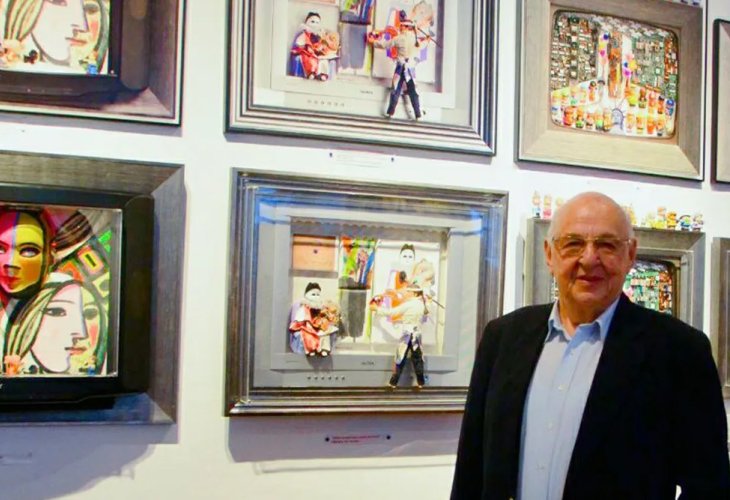 Ze'ev Engler
Ze'ev EnglerZe'ev Engler was a baby of just one year when Austria was annexed by Germany and the Nazis entered Vienna. At the time, he lived with his parents in Vienna, where they arrived a year before the war began, having returned from Palestine.
"People were fleeing Europe in those days, but my parents chose to return there," Ze'ev explains the decision that changed their lives. "Though they had moved to Israel years earlier, they never truly settled. When riots began in Jaffa, close to the street they lived on, my mother told my father she wouldn't stay in Palestine for another day, wanting to give her future child a calmer life. So they returned to Vienna at the end of 1936 where I was born. A little over a year later, in March 1938, the Nazis invaded Vienna and the war began."
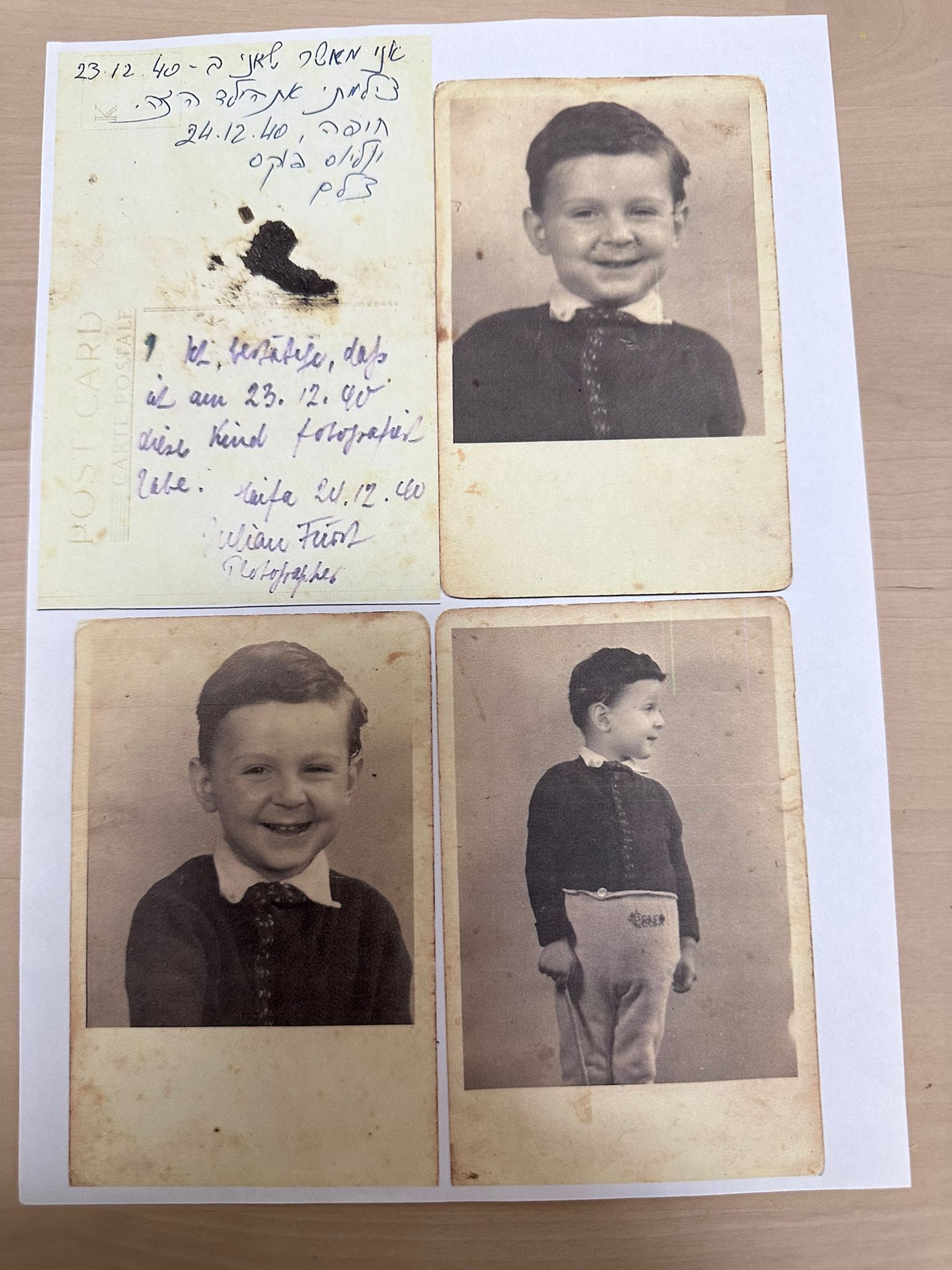 The photo given to Ze'ev's parents in Atlit
The photo given to Ze'ev's parents in AtlitTo the Shores of Palestine
Ze'ev's story is long and filled with emotional miracles at every turn. Though he has no memories of his childhood during the war, as he was very young, during our conversation he shows us a photo from those days of Jewish women scrubbing the Viennese streets on their knees.
"Those are my mother's sisters," he says. "At the beginning of the war, when the Nazis came to apartment 18 where we lived, they demanded everyone go out for scrubbing. My grandmother pointed to my mother holding me and said, 'You won’t take her, she's pregnant'. So my mother stayed, while her younger sisters were taken for scrubbing. You can see them in famous photos, scrubbing alongside older men on the floor, while locals laughed and shouted: 'Finally, work for the Jews!'"
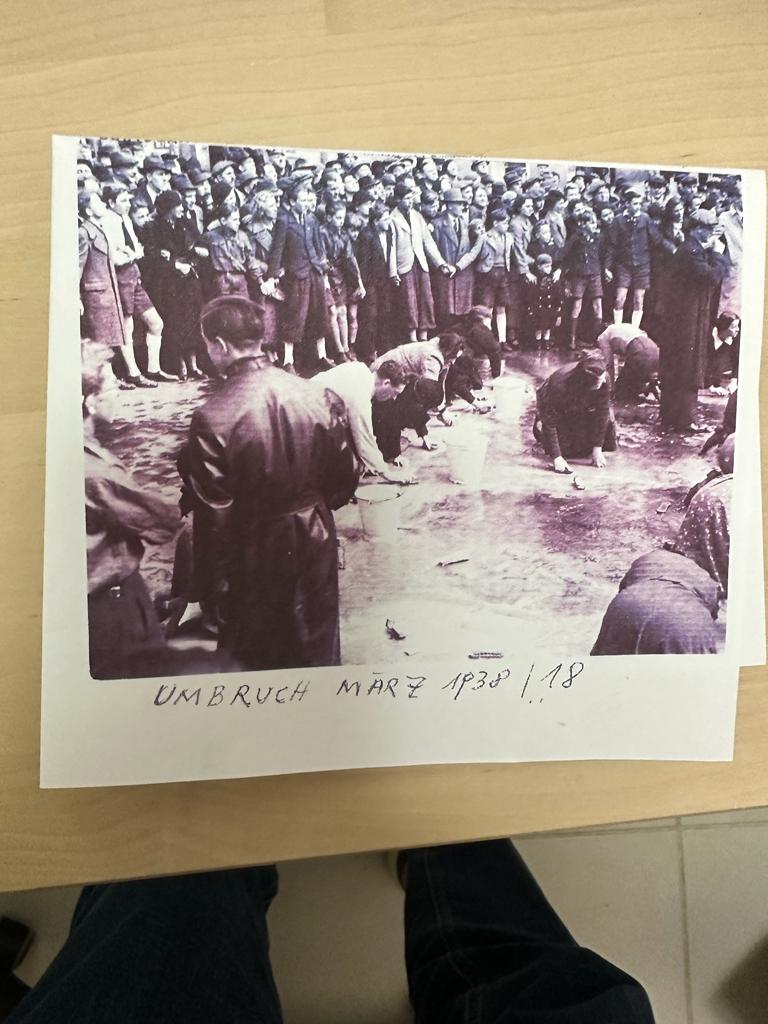 Scrubbing the pavements to the crowd's laughter
Scrubbing the pavements to the crowd's laughter"In the first two years of the war, we hid in several places under the Nazi regime, watching our family crumble. Some family members managed to leave for South America or the U.S., and some got a visa to move to England. Our problem was that since my father was born in Ukraine and not Austria, he couldn't get a transfer visa.
"So we stayed in Vienna, desperate for help, which surprisingly came from a Berlin conference. Eichmann and his men told the Mossad and Aliya B’ organizations that if they wanted to save the Jews, they must send ships to take them to Palestine, or else all Jews would be sent to the Dachau labor camp. Israeli envoys understood the urgency and managed to secure four riverboats to sail the Danube to Romania. It was the only route, as navigation was only possible along the Danube, an international waterway.
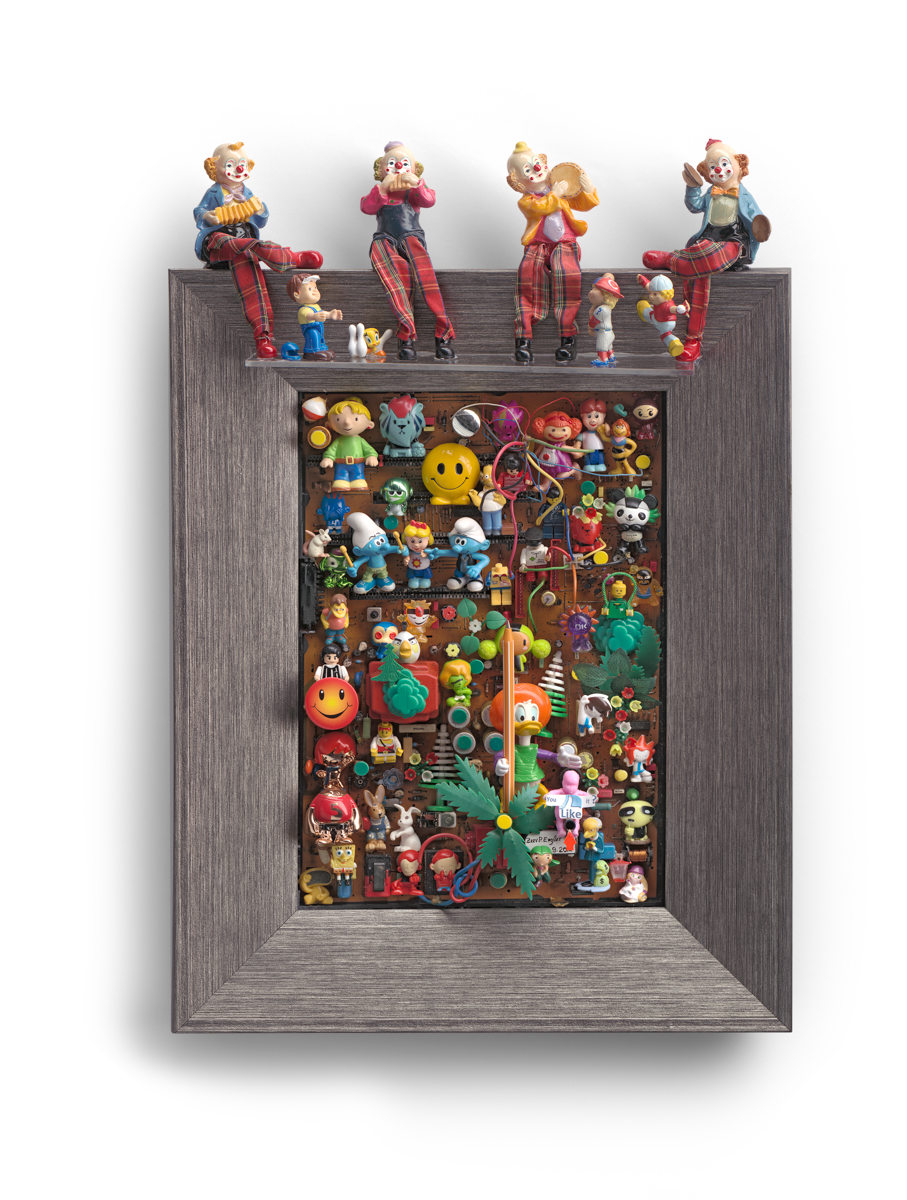
"We set off on a ship, enduring a 12-day journey to Romania, where three livestock ships awaited. Together with thousands of Jewish immigrants, we boarded the ships named 'Atlantic', 'Milos', and 'Pacific'. We boarded the 'Atlantic' to sail to Palestine, lacking entry permits. Occasionally, the ship stopped at islands to buy coal and water since it was a steamboat.
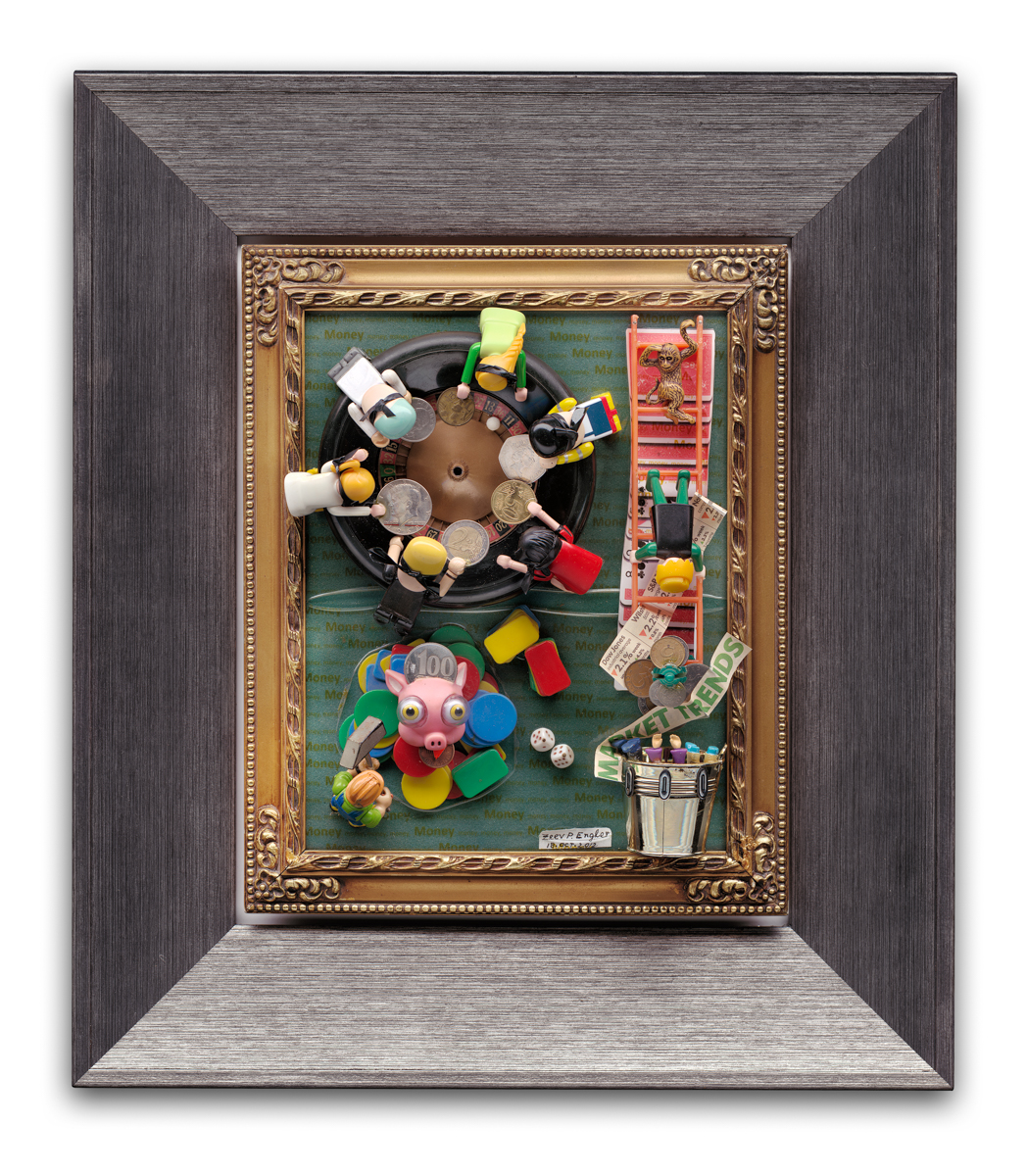
"Continuing to Crete, my brother was born on the ship named 'Uri', praying to see the light. In Crete, the crew stocked up on coal, realizing they could be imprisoned or hanged if they brought us to Palestine. Unwilling to continue, under pressure from 'Hagana', the journey to Palestine via the Mediterranean continued. We faced more adversity until we neared Haifa Port, finding the other two ships docked but passengers not allowed ashore."
The Patria Disaster
Ze'ev pauses. At this point, he mentions, the famous Patria disaster occurred, where all ship occupants were to be transferred. "The British planned to load all immigrants onto the Patria and deport them," he explains. "My parents, brother, and I were among the first from the 'Atlantic' brought onto the ship, already carrying immigrants from other vessels.
But the 'Hagana' decided to prevent its departure. They told us to stay on deck until nine the next morning when a large explosion occurred. The goal succeeded, though the blast was too severe, and seawater flooded the ship, capsizing it. Tragically, over 208 immigrants drowned."
How did you survive?
"My parents, brother, and I survived at the last moment," recalls Ze'ev. "My father held me between his knees, while my infant brother was wrapped in a blanket and tossed into the sea, saved by a fellow immigrant who brought him ashore. My parents and I reached shore, where I saw someone distributing cocoa and ran to them. My parents recall I disappeared afterward. They were moved to Rambam Hospital in Haifa, convinced I'd follow, but I didn't. Three days later, released from the hospital and brought to Atlit detainee camp, I was still missing."
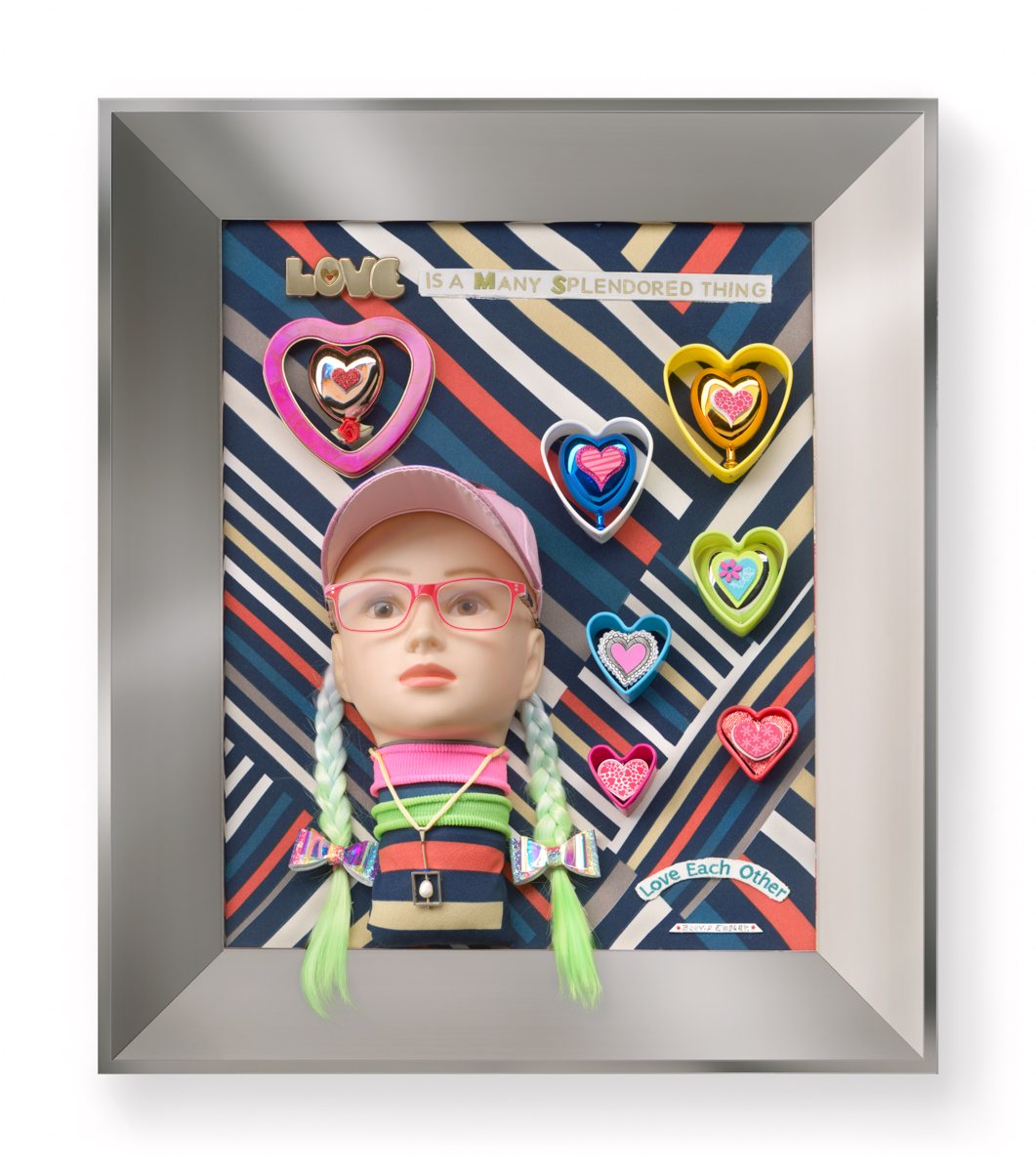
For three months, no one knew Ze'ev's fate. "My parents endured the pain of uncertainty," he recalls. "Occasionally, clothes or items from bodies recovered from the ship or sea were brought to Atlit. Each time, my parents were asked if they belonged to me, and my mother was certain I hadn't drowned, having last seen me ashore."
Ze'ev still doesn't know where exactly he was, only what he was told: "Three months later, my mother received three photos, one labeled in German: ''I confirm the child was photographed on October 24, 1940, Haifa,' signed by the photographer. After my parents identified me in the photo, a British truck brought me to Atlit, with a sign on my chest: 'Peter Engler'. They stood me by the gate, saying, 'Call the parents'. My mom came, but I refused to approach, claiming she had another child. Only after calling my dad did I go to him, and we reunited in Atlit."
Creative Artist
Ze'ev endured more challenges in his youth. "After a few years living in Tel Aviv, my father died young," he says. "With my mom struggling to raise us, my brother and I went to 'Moshav Children Farm' near Jerusalem. It was the year the War of Independence broke out, trapping us without seeing our mom. In the first truce, mom got permission to reach Jerusalem through Burma Road with the first convoy to the city. The trip lasted about 18 hours until she reached us for an emotional reunion, coming home with us.
"I continued studying in Tel Aviv," he recounts. "Later, I attended the Air Force technical school in Haifa, learning aircraft mechanics. In 1956, I was a mechanic in a transport squadron at Tel Nov, and during the Yom Kippur War, I was called up before the closing prayer, and by morning was in Sinai Bossue, about 16 kilometers from the Suez Canal. Shortly after, I married my wife, and we've had a happy life ever since, grateful for each day."
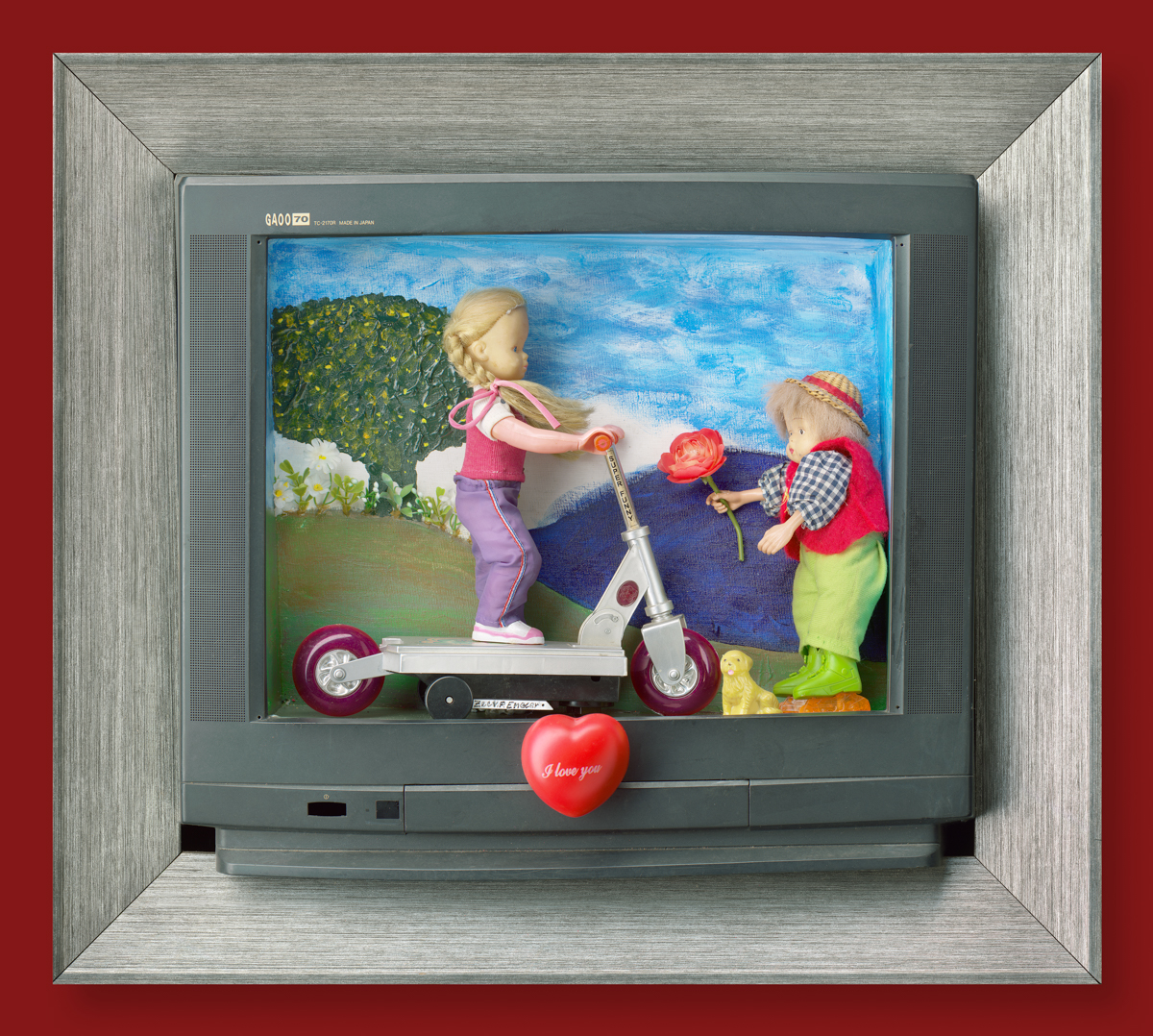
Early in his career, Ze'ev worked in the aerospace industry but soon left to join his father-in-law’s pump manufacturing business. "We connected with companies in England, the USA, and Australia, achieving great success and much work," he shares.
Within this period, they had three children, the eldest studying mechanical engineering, joining the business, and now managing it. Ze'ev retired about ten years ago, but if you thought he'd rest after years of survival, education, and work, you don’t know the full measure of the man. "I may have retired," he says, "but I don't like being bored, so I kept looking for something extra."
His next endeavor came unexpectedly. "After leaving the factory, severe back pain struck, immobilizing me for about six months. I began dismantling old electrical appliances, combining them with other objects, creating something not quite a painting nor a photo but a three-dimensional creation."
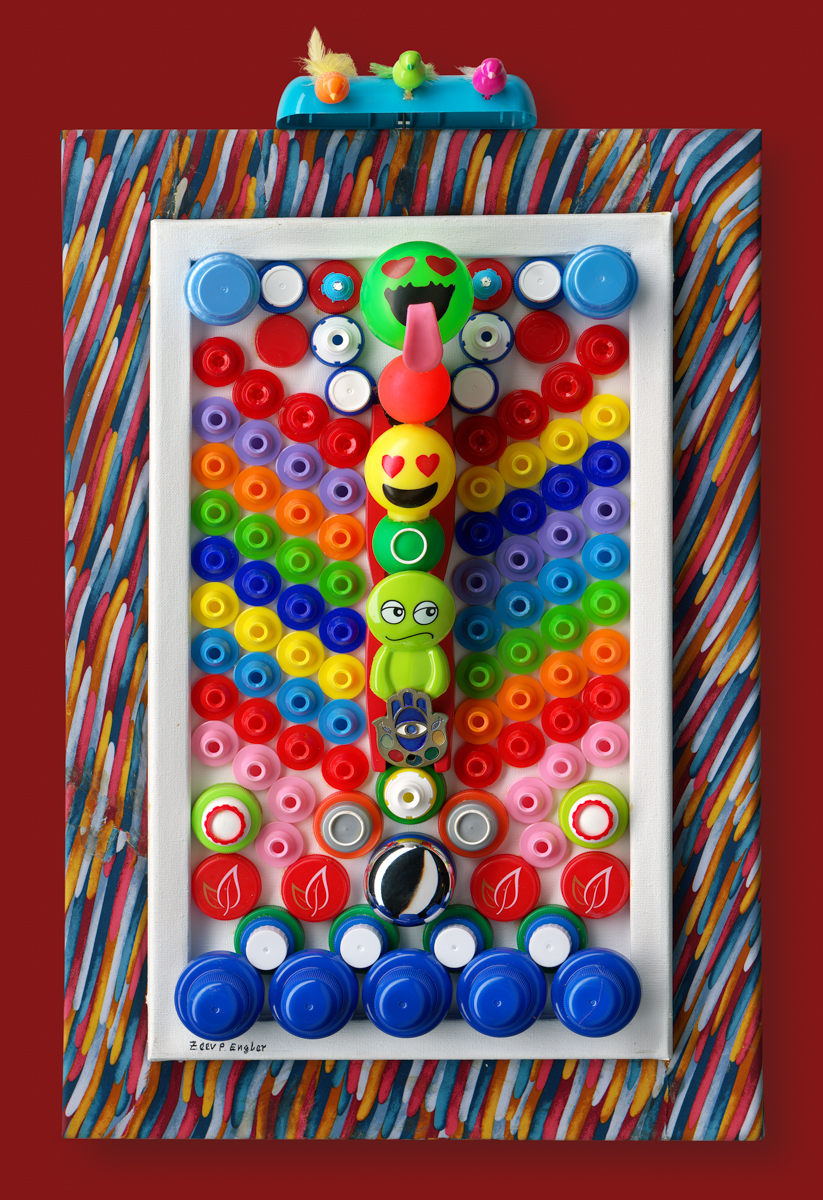
Ze'ev uses items like bells, glasses, hats, electronic boards, in his grandchildren's toys to create art called 'pop art'. His work is exhibited in Strasbourg, Vienna, Berlin, Israel at the new Sabion cultural house, and at Mediterranean Towers in Ganei Tikva. He's one of the few artists in the field, "I can create for hours daily, enjoying every moment, it's truly fulfilling," he honestly declares.
Soon, a new exhibition featuring his work will open on May 30th at the senior living facility he's lived in recently. "I create from my deep love for art and children's play, which may be why my work resonates with both adults and young people alike," he says proudly.

